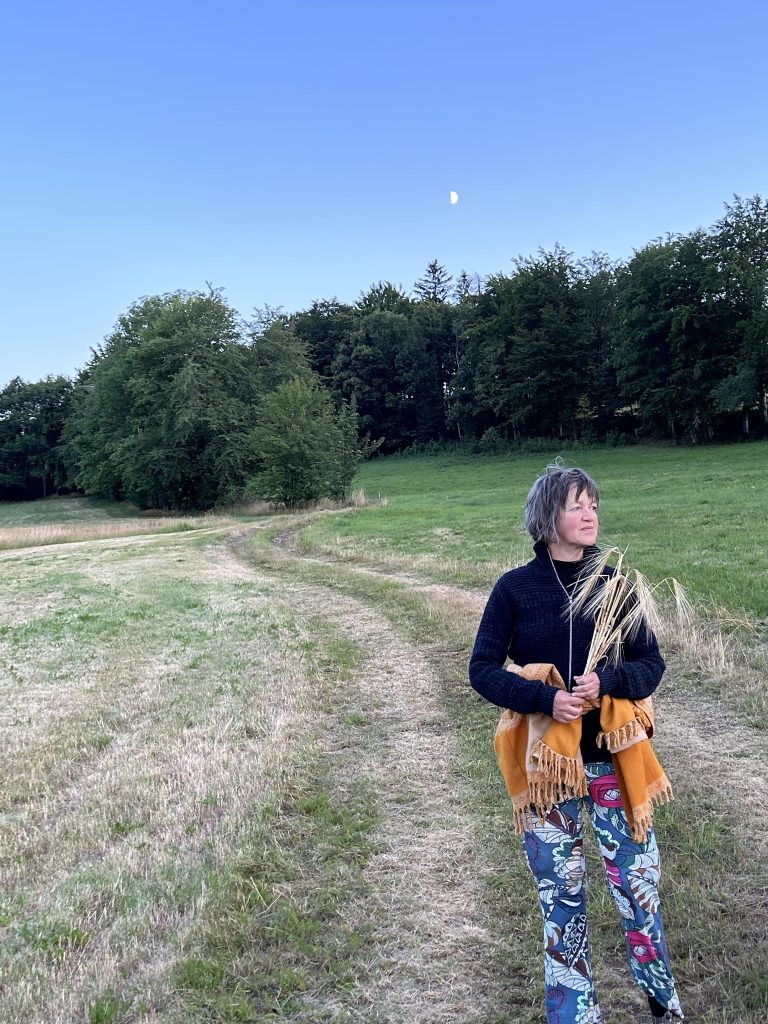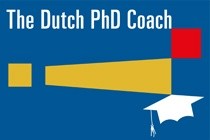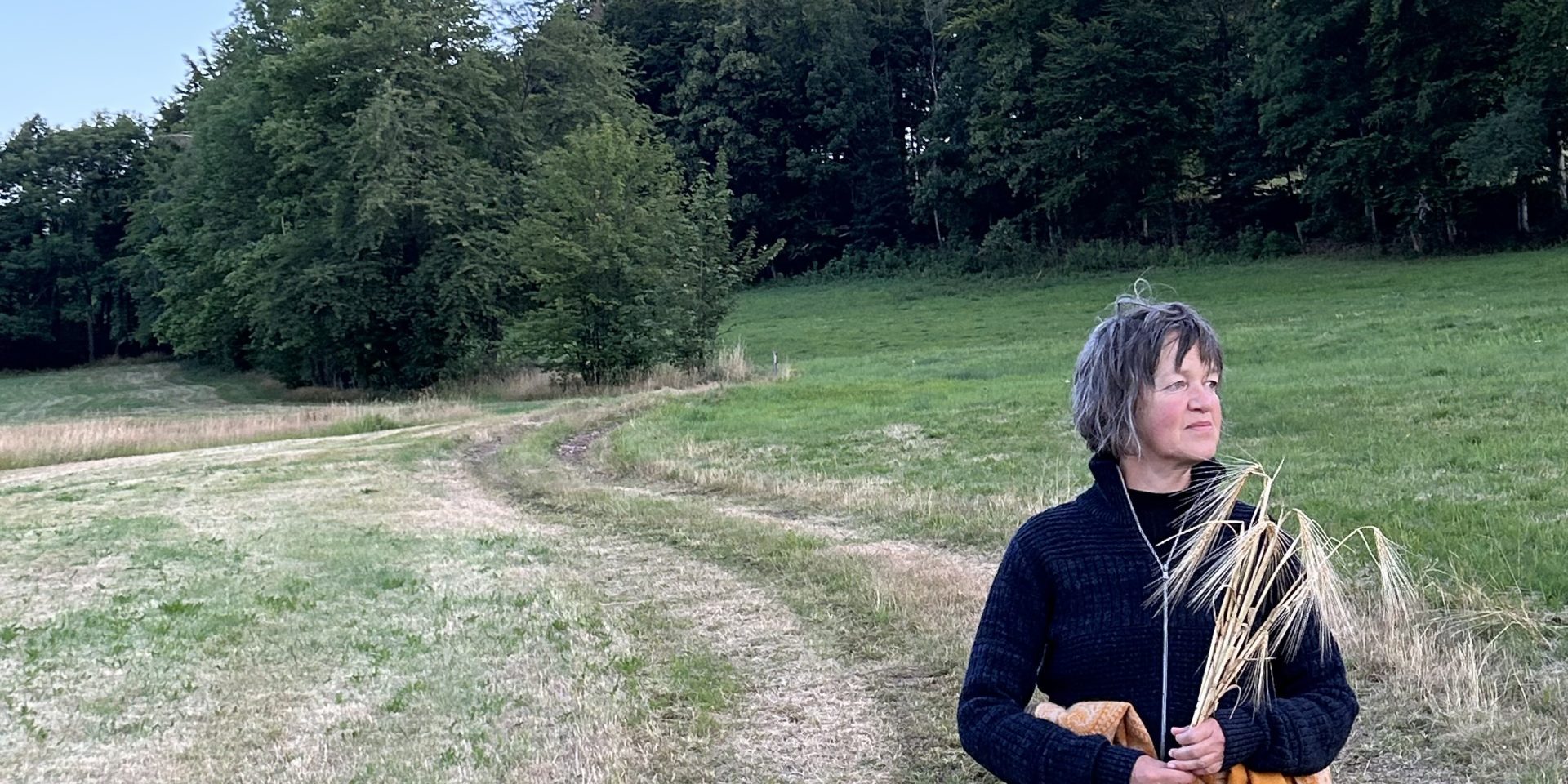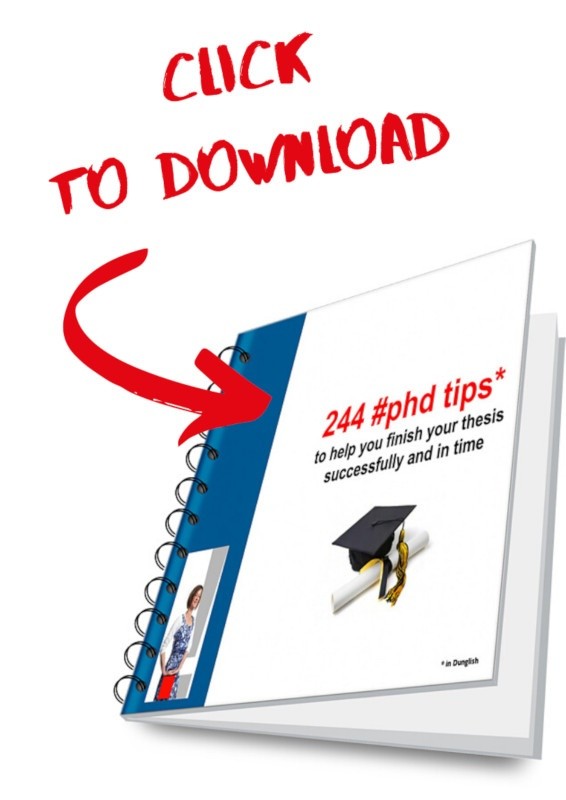“We would appreciate it if you could stay for a few days. That way, we can better monitor how you respond to the medication.”
And so, what I thought would be a half-hour appointment turned into the beginning of a four-and-a-half-week hospital stay. During my time in the hospital, it became increasingly clear that my heart was in very bad shape, and without surgery, I would likely not survive for long. The operation they could offer me came with no guarantees.
The cause of all this, according to the doctors? Just plain bad luck.
Two weeks after the open-heart surgery, I was allowed to go home. To my delight, it was very quick, and I didn’t have to go through the usual rehabilitation period. So, on December 30th, I walked out with an LVAD, a left ventricle assist device, also known as a support heart: a pump that supports the left chamber of my heart. It’s fantastic that it exists; I had never heard of it before going to the hospital. But such a pump comes with a price: to let the pump do its job, you need to operate it, and it requires power. Thus, there’s now a wire from my abdomen attached to the controller and two large batteries that power the pump and controller. A package of just under three kilos. And I always carry spare batteries and a spare controller with me.
So, these days, they call me ‘the woman of six million’ (for those who know the TV series), ‘robocop’ (for those who know the movie), or simply ‘bionic.’ 😉
Journey
The real journey began when I arrived home. Recovering, adjusting to the new situation, rehabilitating, building up, finding ways to do everything differently, regaining strength, setting boundaries.
In the meantime, I feel better than I have in years, the doctors are very pleased with my recovery, and I’m back to work—albeit at a slightly slower pace than before. Richer in impactful experiences and having learned many lessons (even better).
In no particular order, here’s an incomplete overview:
- You have no control over what happens, but you do over how you handle it.
- It’s important to have a good balance between rest and activity. Practicing qigong for many years helps me with that.
- Resilience is incredibly important. It helps you adapt to the situation and focus on what can be done.
- Listen to what your body is telling you. It might sound a bit mystical and vague, but it’s crucial to do what you need. Need to rest? Rest. Need fresh air? Go outside. And don’t forget to take walks.
- Going on willpower alone is not a good idea. Energy management is key.
- Do things that make you happy. The better you feel, the easier you can handle the world. Look for glimmers of light.
- Strength training helps not only for strong muscles but also for feeling emotionally and mentally stronger. Check the scientific literature for that.
- Having friends and family who support you is fantastic. Invest in those relationships.
- You’re loved more than you might realize.
Life is very precious; I’m incredibly grateful and happy to still be here.





